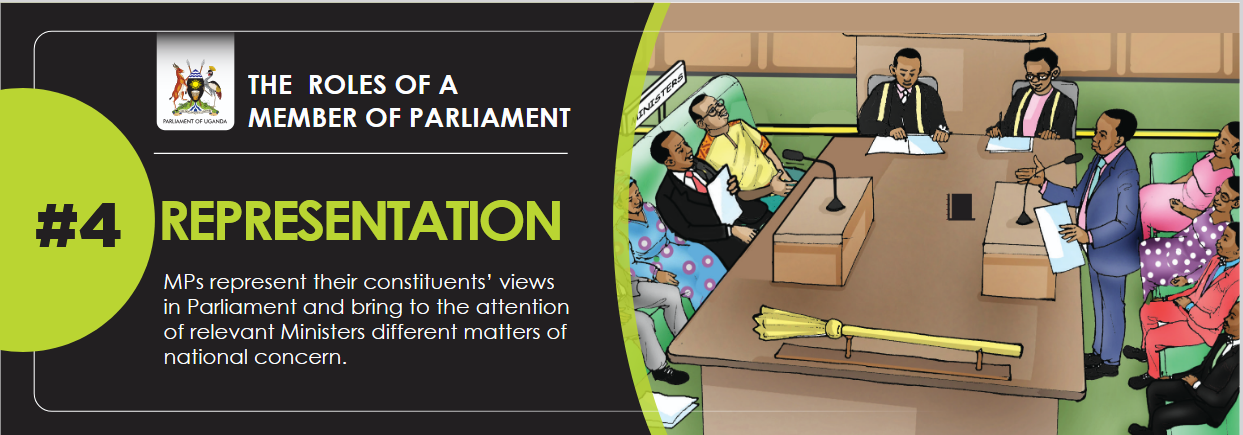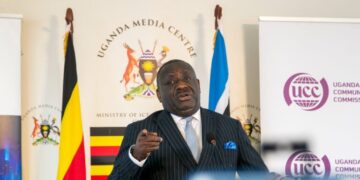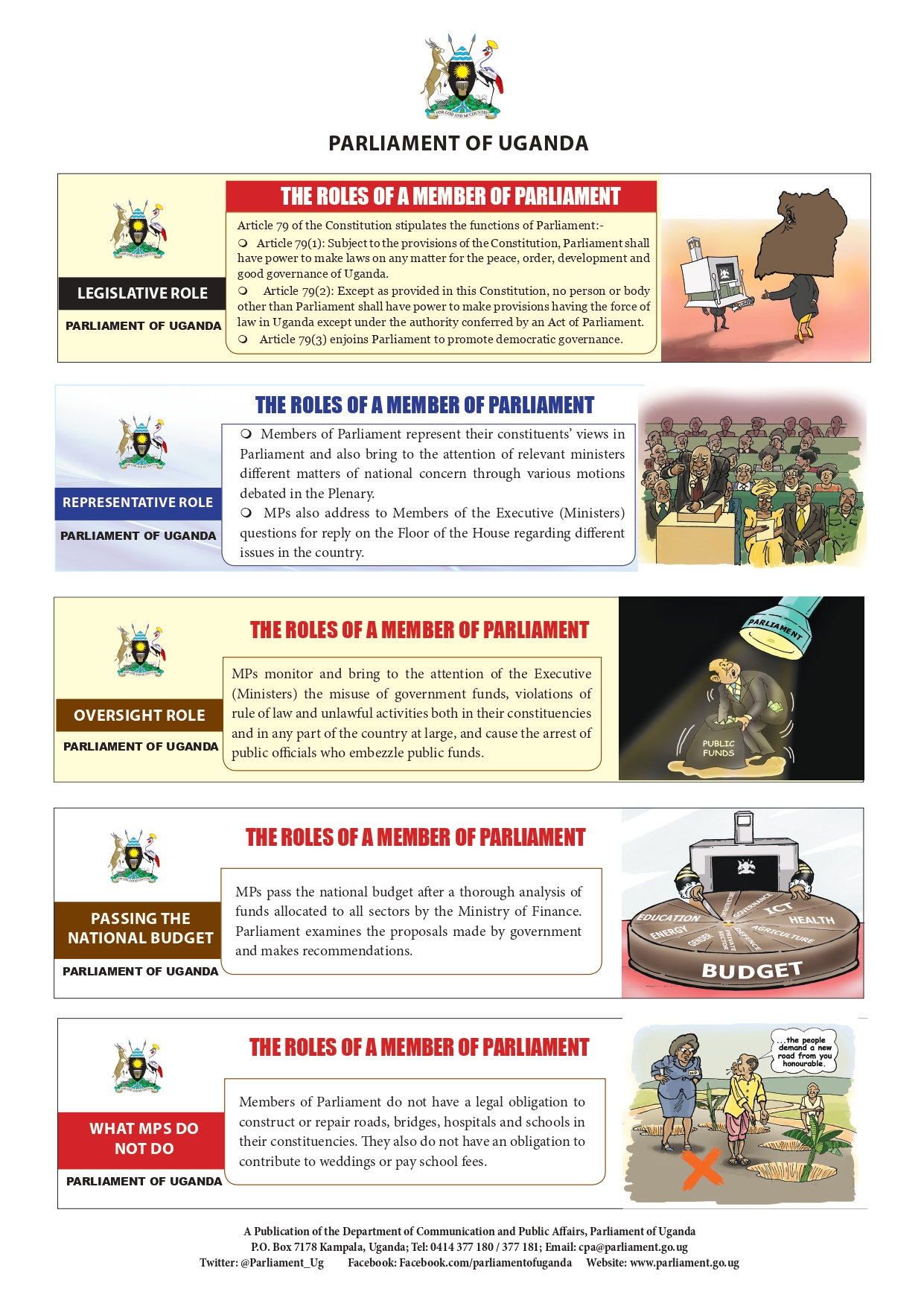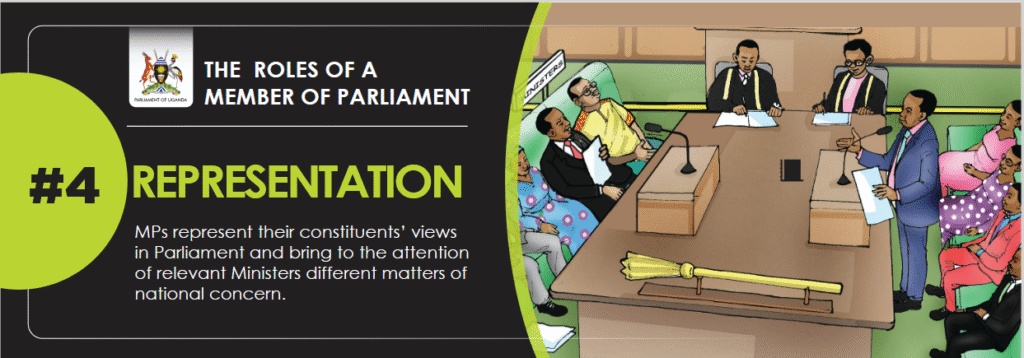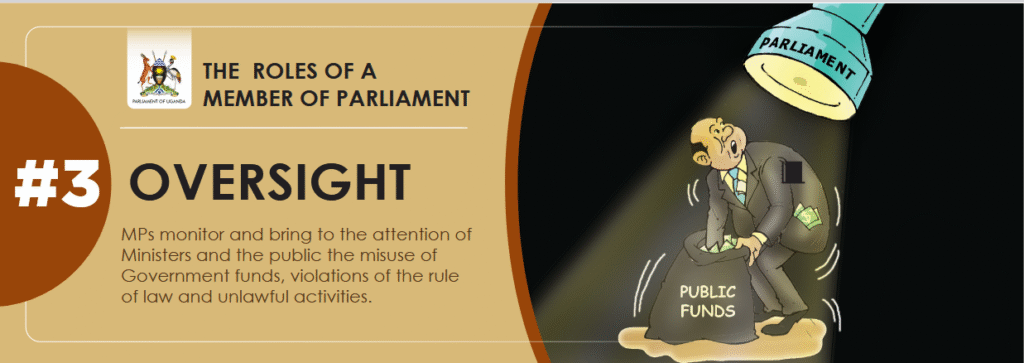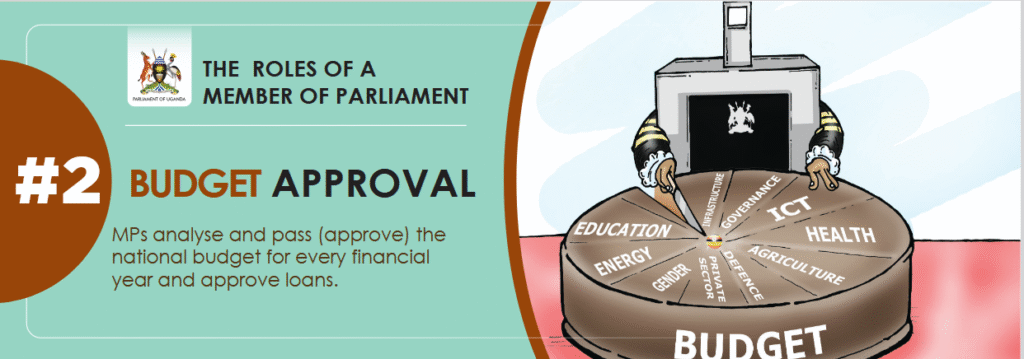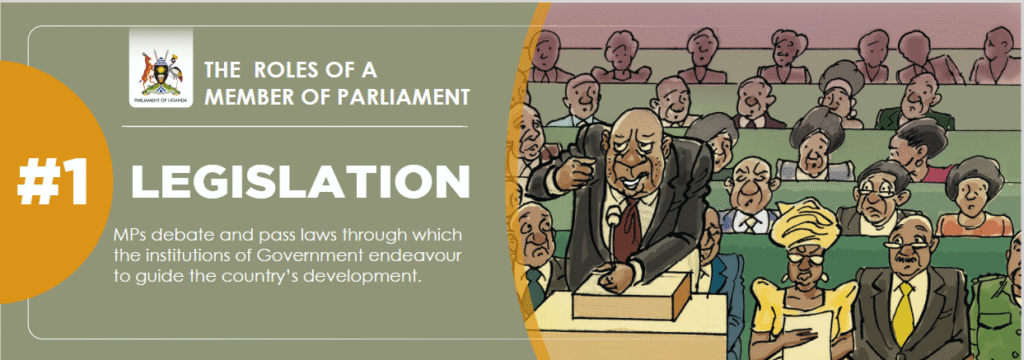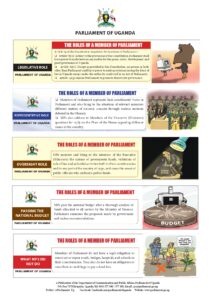The Media Council in Uganda has reaffirmed the directive to have all news editors register with the Council with an intention to curb unprofessional news reporting and, in enforcement of professional journalistic standards.
In a statement released on Thursday, the ICT and National Guidance minister, Dr Chris Baryomunsi, said whereas the media sector in Uganda has exponentially grown and society now appreciates the role of free press, the credibility of information shared in the media has on the other hand become questionable as rumor and damaging stories dominate the media space.
The purpose of registration, according to the statement is to among others; get all editors and the editorial staff in newsrooms comply with the Press and Journalist Act (1995) with an aim to “facilitate the authentication of media practitioners, and to create a database of media practitioners with a view to facilitate and enhance professionalism among media practitioners.”
Baryomunsi said, for media to be credible, there is a bigger need “to take responsibility for getting its facts right.”
In the notice issued on 16th of August 2021, all Editors, Publishers and Broadcasters in Uganda were directed to register their editors and/or producers with the Media Council within 30 days from the notice date. Regrettably, Baryomunsi says that to date, only a few of the media houses in Uganda have complied.
“We intend to ensure that all registered journalists have the right skills to carry out their duties in a professional manner within the parameters of a free and responsible media, among other reasons.” the statement reads in part.
“..now at a time when the truth is increasingly under attack, our need for accurate, fact-based reporting, open public conversation, and accountability has never been greater.” the statement reads before adding; credibility also means avoiding
exaggeration or scare-mongering just to sell more. Stories based on rumors or sourced from someone with an axe to grind are what makes people joke that you can’t believe anything you read in the papers, hear on radio, or see on TV. It is therefore the purpose of this statement to inform all media houses of their legal obligations to comply with the law.”
According to the Press and Journalist Act, the “editor” includes a person who is, at any given time, in charge of programme production at a radio or television station and a “journalist” means a person who is enrolled as a journalist under the provisions of the Act.
Section 5 of the Press and Journalists Act compels a proprietor of a mass media organization, on appointing an editor, to register them with Uganda Media Council including other details as may be prescribed by the Council. Any person who contravenes this section commits an offence and is liable on conviction to a fine not exceeding three hundred thousand shillings and, in case of failure to pay the fine, to imprisonment for a term not exceeding three months.
Section 9 of the Act empowers Uganda Media Council, to among other things, regulate the conduct and ethical standards of journalists, arbitrate disputes among the public, the State, and the media, exercise disciplinary control over journalists, and censure films, videos and plays.
The Act provides for the Professional Code of Ethics which applies to all persons practicing journalism, and a person practices journalism if he or she is paid for the gathering, processing, publication or dissemination of information; and such person includes a freelance journalist.
However, a section of media practitioners and defenders of press rights contest the move by the Media Council to enforce the sections of the law relating to registration, questioning the credibility of the Media Council to carry out the process due to its composition. Despite a recent Constitutional Court ruling that dismissed this assertion, Human Rights Network for Journalists National Coordinator, Mr Robert Ssempala, refers to the directives from Uganda Media Council as arbitrary since the ruling was challenged in an appellate court.
Every editor is required to provide his or her name and address, proof of qualifications, the name and address of the newspaper and such other particulars as may be required. Additionally, no one may be appointed an editor who is less than 18 years old, is of unsound mind, is an undischarged bankrupt, is not ordinarily resident in Uganda or does not have the required qualifications, as prescribed by the Council (Section 9).
The Press and Journalist Act, which established the Media Council, also created the National Institute of Journalists of Uganda (NIJU) whose mandate is to, among other things, establish and maintain professional standards for journalists, foster the spirit of professional fellowship among journalists and encourage, train, equip and enable journalists to play their part in society.
According to the Act, a person is eligible for full membership of NIJU if he or she has a university degree in journalism or mass communication, or a university degree and a qualification in journalism or mass communication, and has practiced journalism for at least one year. Today, NIJU is non-existent and from it’s inaugural president in 1997, it did not last beyond the first three elected presidents.
To be entered on the register of journalists, an individual must present a certificate of enrolment, and the Council shall, upon payment of the prescribed fee, issue a “practicing certificate”, valid for one year, renewable. Importantly, no one may practice journalism without a practicing certificate. Breach of this rule is an offence punishable by a fine of up to 300,000 shillings (approximately USD140) and, if this is not paid, up to three months imprisonment. Only those qualified to be full members of NIJU and upon application, are supposed to be issued with a certificate of enrolment.
“The law suggests that the council must constitute two representatives from the NIJU, but NIJU is not in existence. This means that the voices of the journalists are not well represented,” Ssempala said.
Whereas the Chairman of the Uganda Media Council Paul Ekochu says the spirit behind the new directive, for now, is not to punish errant editors, the statement from the minister highlights criminal liability in case of non-compliance.
“I therefore urge all media houses and your editors to comply with the law and have your particulars registered with the Media Council, to enable good governance of your sector. I hasten to add that non-compliance attracts criminal liability, which I do not want visited upon any of you.”












